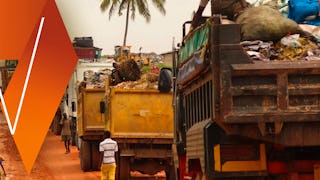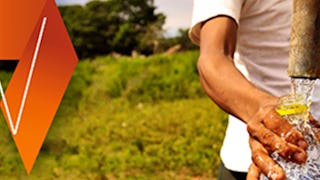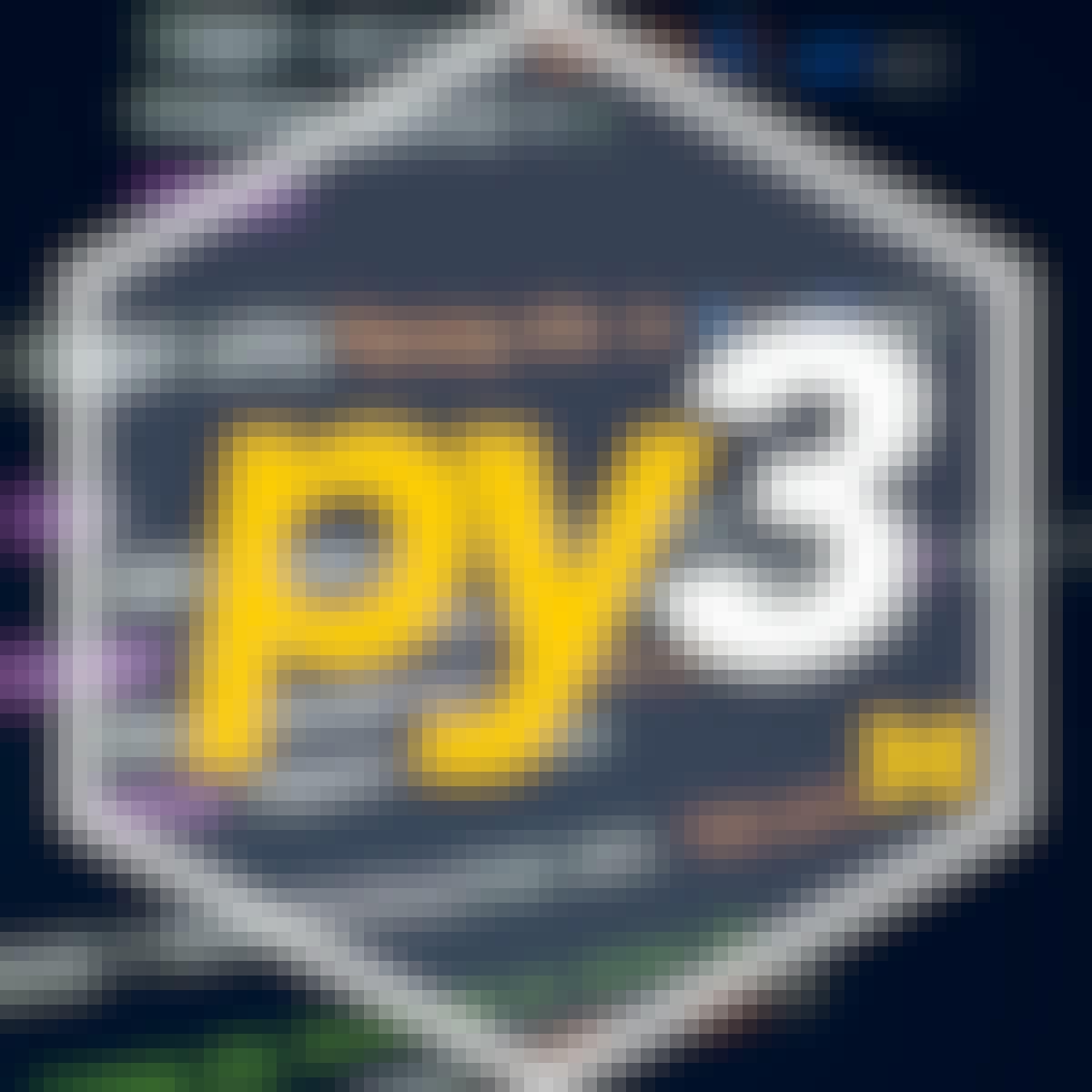Filter by
SubjectRequired
LanguageRequired
The language used throughout the course, in both instruction and assessments.
Learning ProductRequired
LevelRequired
DurationRequired
SkillsRequired
SubtitlesRequired
EducatorRequired
Explore the Sewage Treatment Course Catalog

École Polytechnique Fédérale de Lausanne
Skills you'll gain: Sanitation, Public Works, Environmental Engineering, Civil Engineering, Water Resources, Community Development, Environment and Resource Management, Engineering Design Process, Community Health, Data Collection

École Polytechnique Fédérale de Lausanne
Skills you'll gain: Waste Minimization, Environmental Engineering, Pollution Prevention, Environmental Management Systems, Environment and Resource Management, Governance, Environmental Science, Community Development, Environmental Regulations, Environmental Policy

École Polytechnique Fédérale de Lausanne
Skills you'll gain: Sanitation, Water Resources, Public Health, Emergency Response, Program Evaluation, Health Policy, Environmental Monitoring, Infectious Diseases, Governance, Microbiology
 Status: Free Trial
Status: Free TrialJohns Hopkins University
Skills you'll gain: Statistical Hypothesis Testing, Sampling (Statistics), Regression Analysis, Bayesian Statistics, Statistical Analysis, Probability & Statistics, Statistical Inference, Statistical Methods, Statistical Modeling, Linear Algebra, Probability, R Programming, Biostatistics, Data Science, Probability Distribution, Mathematical Modeling, Data Analysis, Applied Mathematics, Predictive Modeling, Sample Size Determination
 Status: Free Trial
Status: Free TrialL&T EduTech
Skills you'll gain: Engineering Drawings, Construction Engineering, Hydraulics, Mechanical Design, Blueprint Reading, Process Flow Diagrams, Civil Engineering, Construction Inspection, Failure Analysis, Construction, Engineering Analysis, Engineering Calculations, Thermal Management, Engineering Practices, Mechanical Engineering, Chemical Engineering, Facility Repair And Maintenance, Technical Standard, Engineering Documentation, Process Engineering
 Status: Free Trial
Status: Free TrialTecnológico de Monterrey
Skills you'll gain: Process Capability, Process Mapping, Lean Methodologies, Value Engineering, Process Improvement, Six Sigma Methodology, Key Performance Indicators (KPIs), Problem Management, Statistical Analysis, Data Collection, Project Management, Root Cause Analysis
 Status: Free Trial
Status: Free TrialUniversity of Michigan
Skills you'll gain: Unified Modeling Language, JSON, Object Oriented Programming (OOP), Software Design, Debugging, Object Oriented Design, Data Processing, Web Scraping, Unit Testing, Programming Principles, Data Import/Export, Restful API, Python Programming, Image Analysis, Data Manipulation, Jupyter, Maintainability, Data Structures, Software Engineering, File Management

University of Florida
Skills you'll gain: Water Resources, Land Management, Environment and Resource Management, Environmental Regulations, Natural Resource Management, Environmental Issue, Environment, Environmental Science, Policty Analysis, Research, and Development, Research
 Status: Free Trial
Status: Free TrialDartmouth College
Skills you'll gain: Environment, Environmental Issue, Environmental Science, Demography, Energy and Utilities, Water Resources, Environmental Policy, Biology, Environment and Resource Management, Environmental Engineering, Land Management, Nutrition and Diet, Electric Power Systems, Nutrition Education, Systems Thinking, Natural Resource Management, Social Studies, Physics, Human Development, Physical Science
 Status: Free Trial
Status: Free TrialJohns Hopkins University
Skills you'll gain: Oncology, Medical Imaging, Patient Education And Counseling, Molecular Biology, Clinical Trials, Preventative Care, Treatment Planning, Patient Evaluation, Primary Care, Pathology, Urology, Patient Treatment, Health Care, Internal Medicine, General Medical Tests and Procedures, Laboratory Testing, Precision Medicine, Anatomy, Biology, Medical Terminology
 Status: Free Trial
Status: Free TrialL&T EduTech
Skills you'll gain: Waste Minimization, Environmental Engineering, Environment and Resource Management, Energy and Utilities, Building Codes, HVAC, Environmental Regulations, Water Resources, Construction, Architectural Engineering, Building Design, Construction Management

Politecnico di Milano
Skills you'll gain: Water Resources, Environmental Engineering, Civil Engineering, Energy and Utilities, Environment and Resource Management, Pollution Prevention, Environmental Science, Chemical Engineering, Environmental Regulations, Microbiology
In summary, here are 10 of our most popular sewage treatment courses
- Planning & Design of Sanitation Systems and Technologies: École Polytechnique Fédérale de Lausanne
- Municipal Solid Waste Management in Developing Countries: École Polytechnique Fédérale de Lausanne
- Introduction to Household Water Treatment and Safe Storage: École Polytechnique Fédérale de Lausanne
- Advanced Statistics for Data Science: Johns Hopkins University
- Design of Industrial Piping Systems: L&T EduTech
- Definición y Medición: Tecnológico de Monterrey
- Python 3 Programming: University of Michigan
- Sustainable Agricultural Land Management: University of Florida
- Introduction to Environmental Science: Dartmouth College
- Cancer Biology: Johns Hopkins University










